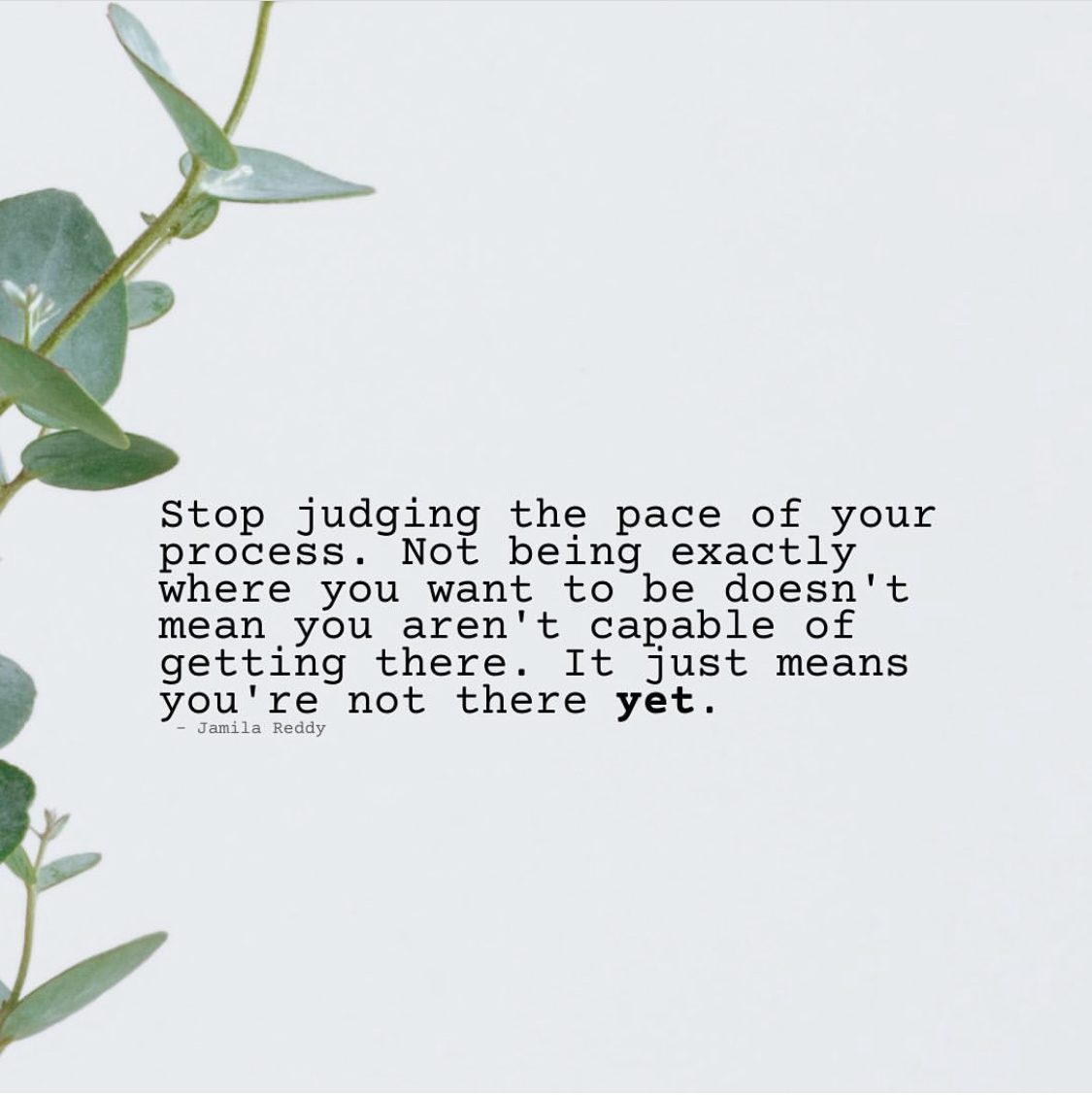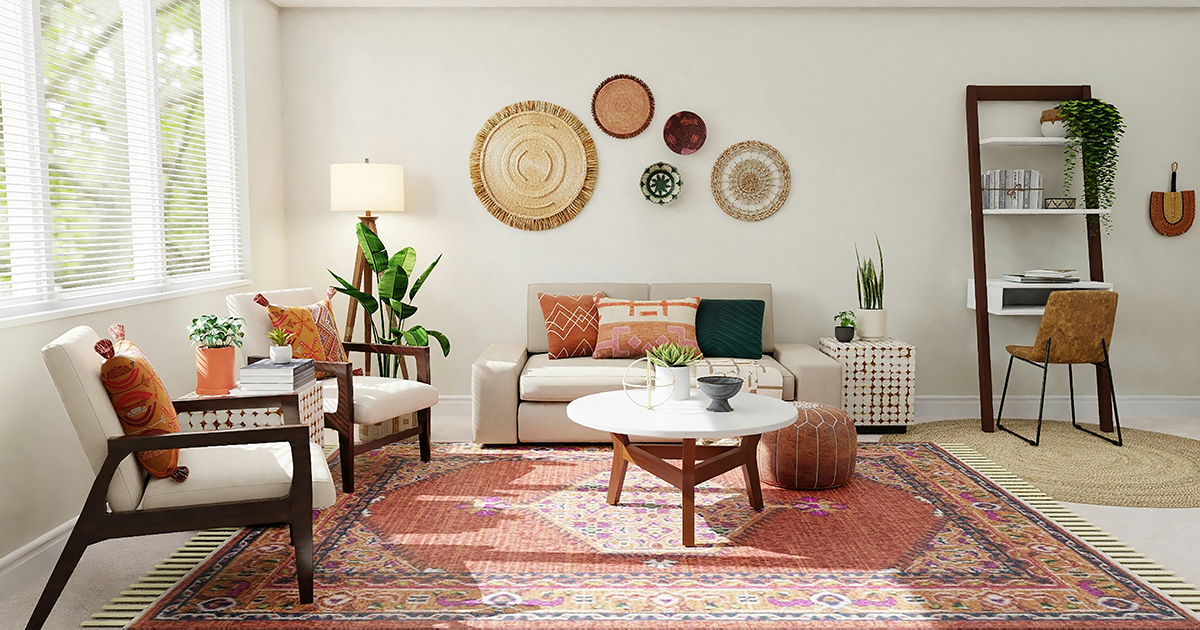Even though there are plenty of how to start decluttering articles here, including closet challenges, the best place for specific donations and other resources, what you may need more than anything else is support and encouragement. I know that’s how I felt in the beginning. I loved learning clever ways to start decluttering but finding daily motivation is what kept me going.
Use these 7 notes to help support your decluttering process and simplicity journey. Whether you are starting in the kids room, the bathroom or the garage, these notes will help you create a strong foundation so you can declutter anything from small areas to your entire home. You could turn these notes into wallpaper on your phone, or simply write the words down on post it notes and leave them in the areas where you are decluttering.
Start Decluttering: 8 Notes To Help You Live With Less
1. Notice What You Love.
Noticing what you love will help you release what you don’t. When you look at the things around you, pay attention to what makes you smile. Noticing the stuff you know you want to hold on to and make space for will make letting go of the rest a little easier. Interestingly, it works the other way too. You may discover what you enjoy underneath all of the stuff you don’t really want. Think about minimalism as removing the things that remove you from your life. One of the benefits of decluttering is having more time and energy for what you love and to create a lifestyle you actually want to engage in.
2. Start decluttering at a pace that works for you.
Honoring your personal time and energy availability is essential to create a sustainable decluttering practice. When you start decluttering areas of your home, check in. How much time do you have? How are your energy levels. Is it reasonable to start decluttering the basement or attic or would it be better for your mental health to find a comfy place to sit, turn on some nice music and sort through old mail, office supplies or your inbox? Create a low energy and high energy declutter checklist so you can maintain some momentum even on the down days.
3. Organized stuff is still stuff.
Let’s face it, if organizing your stuff worked, you’d be organized by now. If your focus is on buying more stuff to store your stuff, or to make your stuff look good, you are probably dealing with a lot of stuff, and trying to organize it instead of decluttering it. Shift back to letting go of your stuff. It’s easier to organize less. Or, if you are like me and find it hard to stay organized, living with less will serve you well.
4. Consider that decluttering doesn’t have to be so hard.
Instead of pushing through, ease through. Don’t worry about turning a mess into a perfectly organized space. Instead, create extra space in your living room or other places for how you want to spend your time. When you are letting go of clutter and other things that aren’t serving you, remember that it doesn’t have to be painful. If letting go seems impossible, instead box up piles of stuff and hide them for a while. The distance you create will break the emotional connection and help you let go with more ease.
5. Start decluttering by removing something that doesn’t serve you.
Create space for yourself by removing something from different areas of your life. Start decluttering with your junk drawer, to-do list, and your thoughts. Clear the kitchen counter or put away the dishes and laundry. If your kitchen table is a catchall for paperwork and other clutter, clear it and declare it a clutter-free zone. Just a little bit will make a big difference.
6. Declutter because there isn’t room for all of it.
There simply isn’t room for it. Not in a drawer, not in a home and not in a life. They told us we could have it all but forgot to tell us we might not want it. Hold on to what matters. Let go of the rest.
7. Slow decluttering progress is still progress.
 Use these beautiful words from Jamila Reddy to remind yourself that you are on the path. Slow progress is progress. You are doing great.
Use these beautiful words from Jamila Reddy to remind yourself that you are on the path. Slow progress is progress. You are doing great.
Questions You May Have When You Start Decluttering
What is the best way to start decluttering?
The best way to start decluttering is to match the project with your time and energy. We have to stop pretending that we all have the same time and energy as other people or like we did 10 years ago and instead be honest about where we are and how we are feeling. If you have 10 minutes, work on the junk drawer. If you have an hour, try this decluttering burst. If you are low on energy, declutter paper, receipts or digital photographs. If you feel great, try decluttering these 120 things. Also consider asking friends and family members for help. They can help you sort items, empty storage bins and create extra space.
What is the 20/20 rule for decluttering?
Sometimes it’s helpful to have some guidelines when you start decluttering. For instance, when I was still in debt, I created a rule to sell anything worth $50 or more to put towards my debt. Anything worth less, I donated. The 20/20 rule for decluttering is explained here. The Minimalists say, “Anything we get rid of that we truly need, we can replace for less than $20 in less than 20 minutes from our current location. Thus far, this hypothesis has become a theory that has held true 100% of the time. Although we’ve rarely had to replace a just-in-case item (fewer than five times for the two of us combined), we’ve never had to pay more than $20 or go more than 20 minutes out of our way to replace the item.”
How do you declutter your home when you are overwhelmed?
It will be harder to declutter or do just about anything when you are overwhelmed. I recommend creating a list of low-energy decluttering tasks that you can do when you aren’t feeling your best. That way, you don’t have to make extra decisions about what to do that may contribute to more overwhelm. Consider that this might not be the best time to declutter or do a lot. Instead, ask yourself what would make you feel better. It might simply be time to rest.
Whether you are about to start decluttering for the first time or the twenty-first time, consider these notes and reminders to help you move forward with less stress and more joy.
